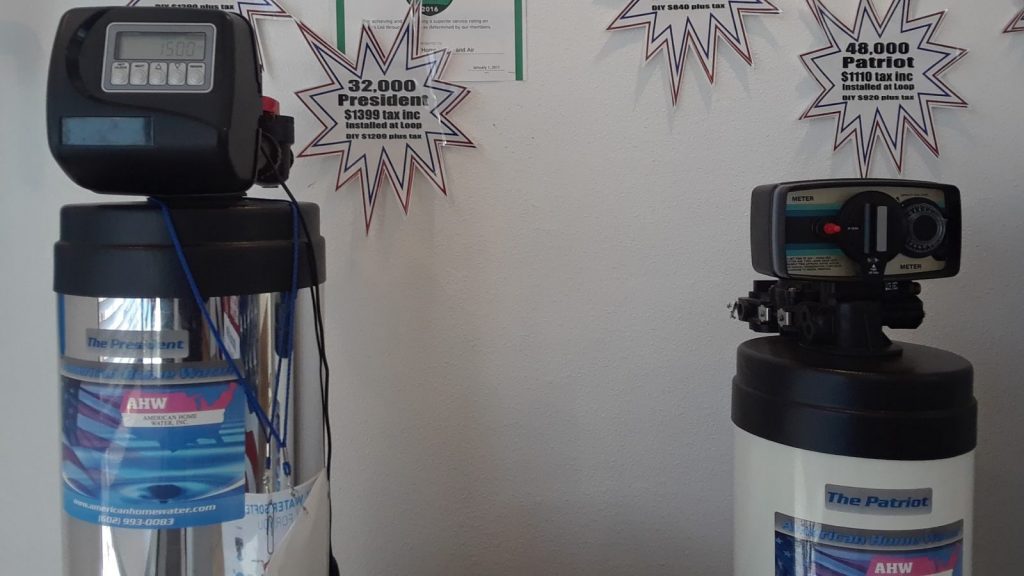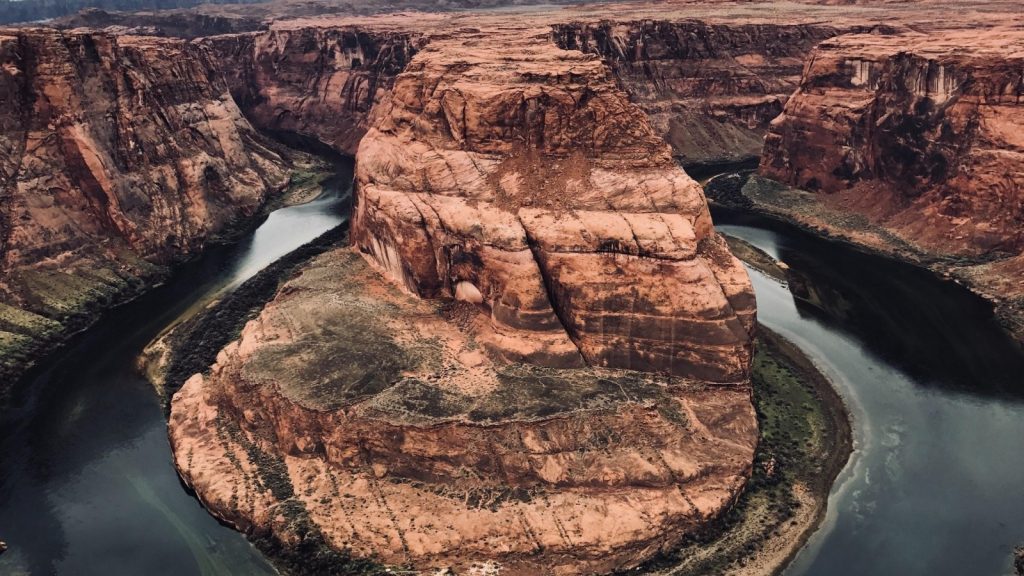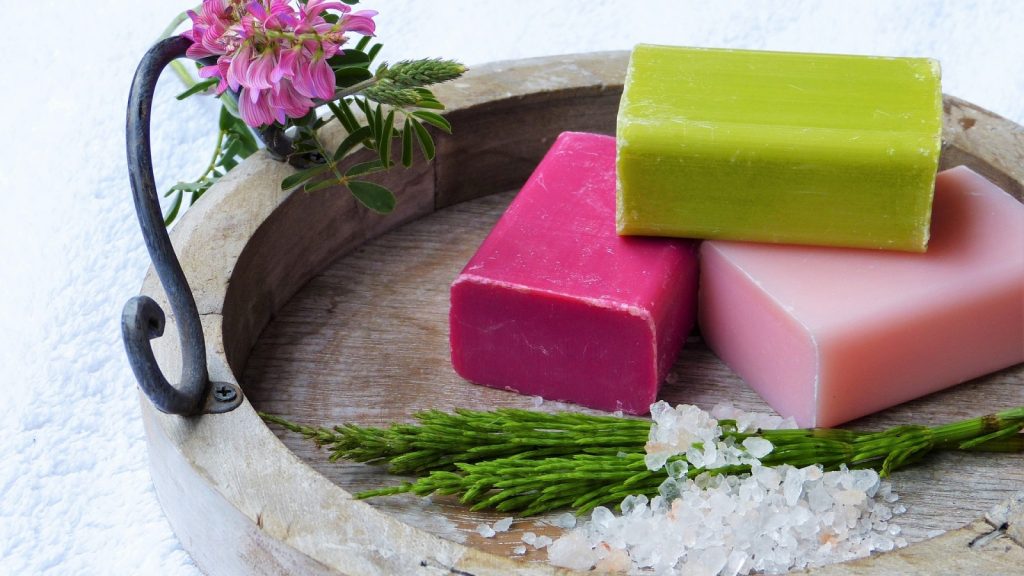Is it safe to drink soft water?
This is among the most common questions people ask when thinking about installing a water softener on their property. Today, we’ll look at the research and provide a definitive answer.
Before we dive directly into the question at hand, let’s quickly lay some groundwork.
What is Soft Water?
Some regions, like Arizona, have water that is extremely rich in mineral deposits like limestone, chalk, and gypsum. This is what’s known as hard water.
This hard water wreaks havoc on your skin, dishes, and equipment like boilers, kettles, and bathtubs. It can cost you thousands of dollars by prompting premature wear-and-tear and mineral buildup that needs to be cleaned.
This has led to the popularity of water softeners in Phoenix and other regions with mineral-rich water. These machines filter ions (particularly those of calcium and magnesium) to produce — yup, you guessed it — soft water.
The filtration process involves swapping these ions for sodium ones.
Can You Drink Soft Water?
Truth be told, if you live in the United States, you’ve probably drank softened water many, many times with no ill effects.
While cities like Phoenix have it particularly bad, about 85% of water in the United States is hard. Many businesses and residences all over the country have installed water softeners, including in systems that process water intended for consumption.
The fact that you’ve likely done it several times aside, though, is it safe to drink soft water?
Experts generally say yes — but there are some caveats worth mentioning.
Is Soft Water Safe to Drink? — Let’s Talk Sodium
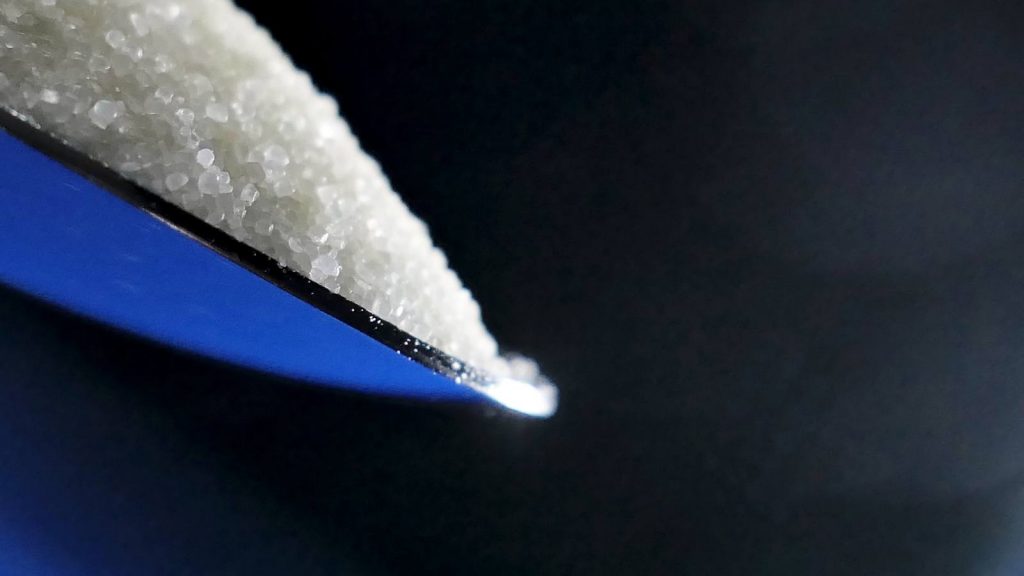
As we briefly touched on earlier, sodium is one of the compounds used in the water softening process, which results in about 20% more sodium in soft water than the hard variety.
It’s a common misconception that this sodium content is significant enough to cause problems in healthy adults.
In reality, all of America’s sodium intake is food-related, with retail food providing the lion’s share, followed by restaurants. Soft water is very low on the list, with an 8oz glass containing about 12.5mg of sodium. That earns a rank of “very low sodium” based on the scale the FDA uses to grade food.
For reference, the Dietary Guidelines for Americans suggest we cap sodium intake at 2,300mg daily. You’ll have greater success staying under that limit by watching what you eat than you will worrying about soft water.
Still, there’s an important caveat here.
If you have specific health concerns that require micromanagement of your sodium intake, it’s definitely worth asking your doctor, ‘is it ok to drink soft water in my case?’
Soft Water and Babies
Putting hard water in your baby’s formula is generally considered a no-no, since their developing systems are not able to adequately filter the minerals out. But when it comes to babies, is it okay to drink soft water?
This is a bit trickier to answer; some sources will recommend introducing soft mineral water to a baby’s formula when they reach the appropriate age. Some experts say to jump straight to hard water.
So, what to do?
Speak with your baby’s doctor to find out what’s recommended based on their specific circumstances.
Is Soft Water Safe for Pets to Drink?

Now that we’ve established soft water is generally safe for healthy adults, let’s pose another frequent question: can dogs drink soft water?
As with humans, the answer is ‘generally, yes.’
Exceptions would include your dog having a heart or kidney disease for which even moderate sodium intake would pose health risks. When in doubt, ask your vet.
There’s another important factor to consider when it comes to giving your dog soft water, though. In fact, it applies to humans as well.
The Soft Water Taste
The question of ‘can you drink soft water?’ has a pretty clear set of answers. But beyond that, there is a reasonable question of ‘should you drink soft water?’ that arises due to the fluid’s characteristic taste.
To be clear, a properly set-up and maintained water softener should not produce salty water. This typically only occurs when there is a problem with the system and it requires servicing.
Soft water does still contain some taste, however. Some people actually like it, but many don’t.
If you’re in the latter category, you don’t have to forgo a water softener altogether; many companies, including American Home Water & Air, will install two taps in your sink: one that produces hard water and another that produces soft water. This allows you to use hard water for drinking if you so choose while using soft water for other applications.
You can also install a reverse osmosis system specifically for the tap you get your drinking water from. This will eliminate the taste.
No-Salt Water Softeners: Are They Legit?
Many companies out there offer water softener solutions that purport to soften your water without introducing any sodium. Usually, these solutions will involve some sort of magnet wizardry that supposedly removes the minerals.
These are scams and you won’t find any legit HVAC company offering them.
Consumers who buy these magnet systems end up spending thousands of dollars only to end up with a system that does not soften the water at all.
An ion swap-based technique is the only reliable way to achieve softened water. Although we generally recommend a system that uses sodium (which is the only way to achieve a true swap), some systems do use potassium to crystallize the minerals instead.
Is Soft Water Safe To Drink? — The Bottom Line
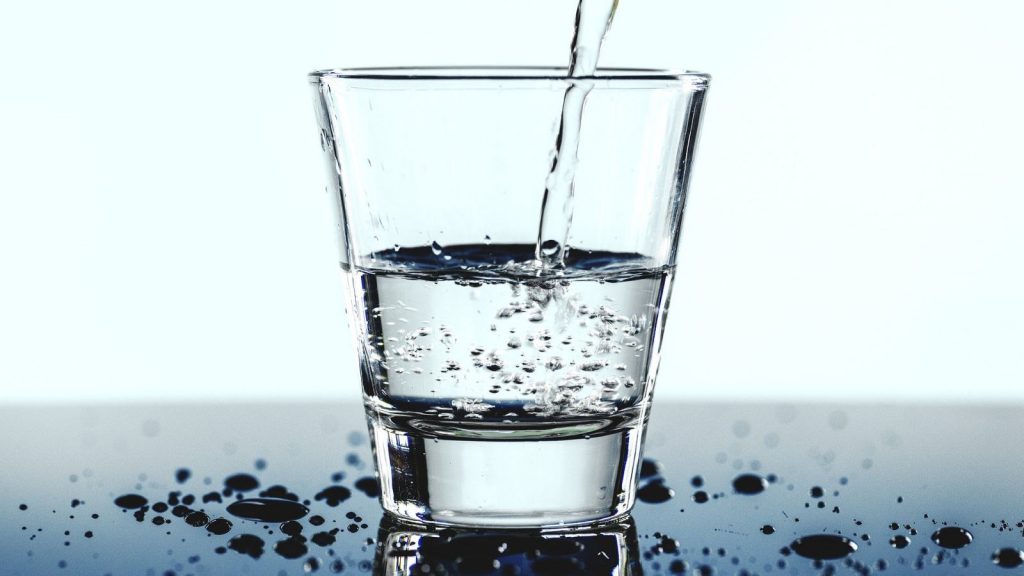
If you’ve been wondering, ‘is it safe to drink soft water?’ you should have a pretty clear understanding of the facts by now.
To reiterate, water softeners do not introduce enough sodium into water to cause healthy adults or pets harm. Those with health conditions that require a micro-managed sodium intake should consult a medical professional before drinking soft water. The same goes for those with pets who have heart or kidney problems.
When it comes to babies, you should definitely consult a medical professional before introducing soft water into their formula.
Trust American Home Water & Air for Water Softeners in Phoenix
This article should be good news if you live in a city like Phoenix and have been thinking about installing a water softener.
Here at American Home Water & Air we offer popular water softeners like The President and The Patriot. They’re the best of the best and should last you for decades with no major issues.
Another perk of coming to American Home Water & Air for your water softener is that we are your one-stop-shop for all home HVAC and water needs. We’ll help you develop, install, and maintain a water softener system that meets your needs, whether that includes a reverse osmosis system or any number of variations.
Come say hello — we’re at 23439 N 35th Dr #7, Glendale, AZ 85310, United States!
Frequently Asked Questions
Hard water vs. soft water — how to tell?
If you have hard water, you’ll likely know by the mineral scale that builds up in your bathtubs, on your pipes, and in your dishes. You’ll be spending lots of time scrubbing these surfaces to remove the buildup.
Beyond this, you can order a test from your water company or call American Home Water & Air for further investigation.
What is the most abundant mineral in soft water?
It depends largely on the state of your water before it enters the softener. The simple answer? Sodium is the most abundant mineral in soft water that makes it different from hard water.
How much salt is in soft water?
Soft water typically contains 12.5mg of sodium per 8oz glass of drinking water. That works out to roughly 45mg per liter for every 100mg/l of calcium the water softener removes.
How to install soft water system?
We recommend that you let us install your water softener for you; our services are very reasonably-priced and you’ll ensure optimal quality as well. However, if you’re the DIY type, we do offer kits that you can install yourself, after which we’ll show you the ins and outs. We also provide water softener loop installation, repairs and water softener maintenance services.
How much does a soft water system cost?
Water softeners range from $1,400 to roughly $2,000, installation included. You’ll shave about $400 off at the top end if you install the system yourself; at the lower end, the savings are pretty negligible.
[related_posts_by_tax posts_per_page="3" format="thumbnails" image_size="medium"]


